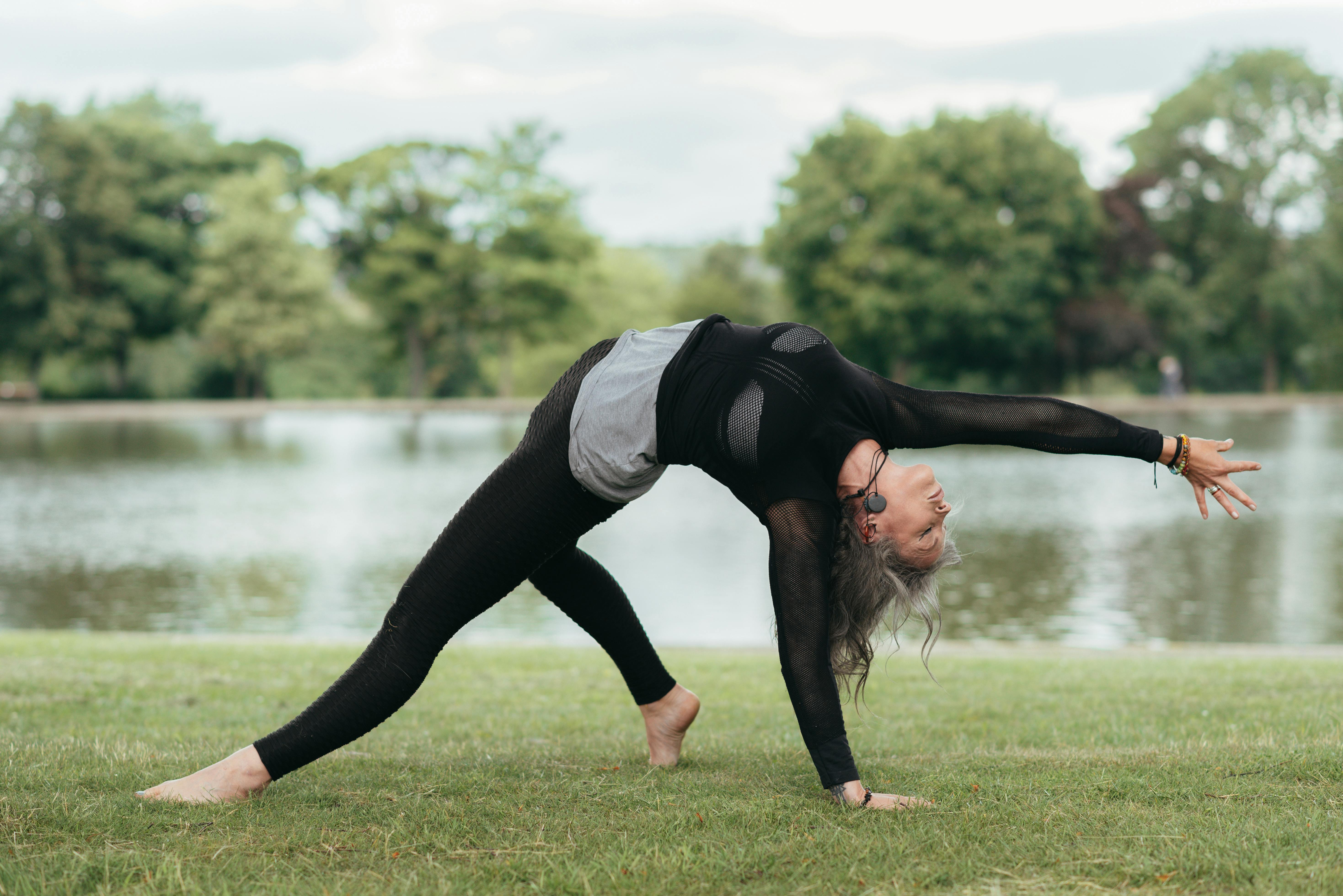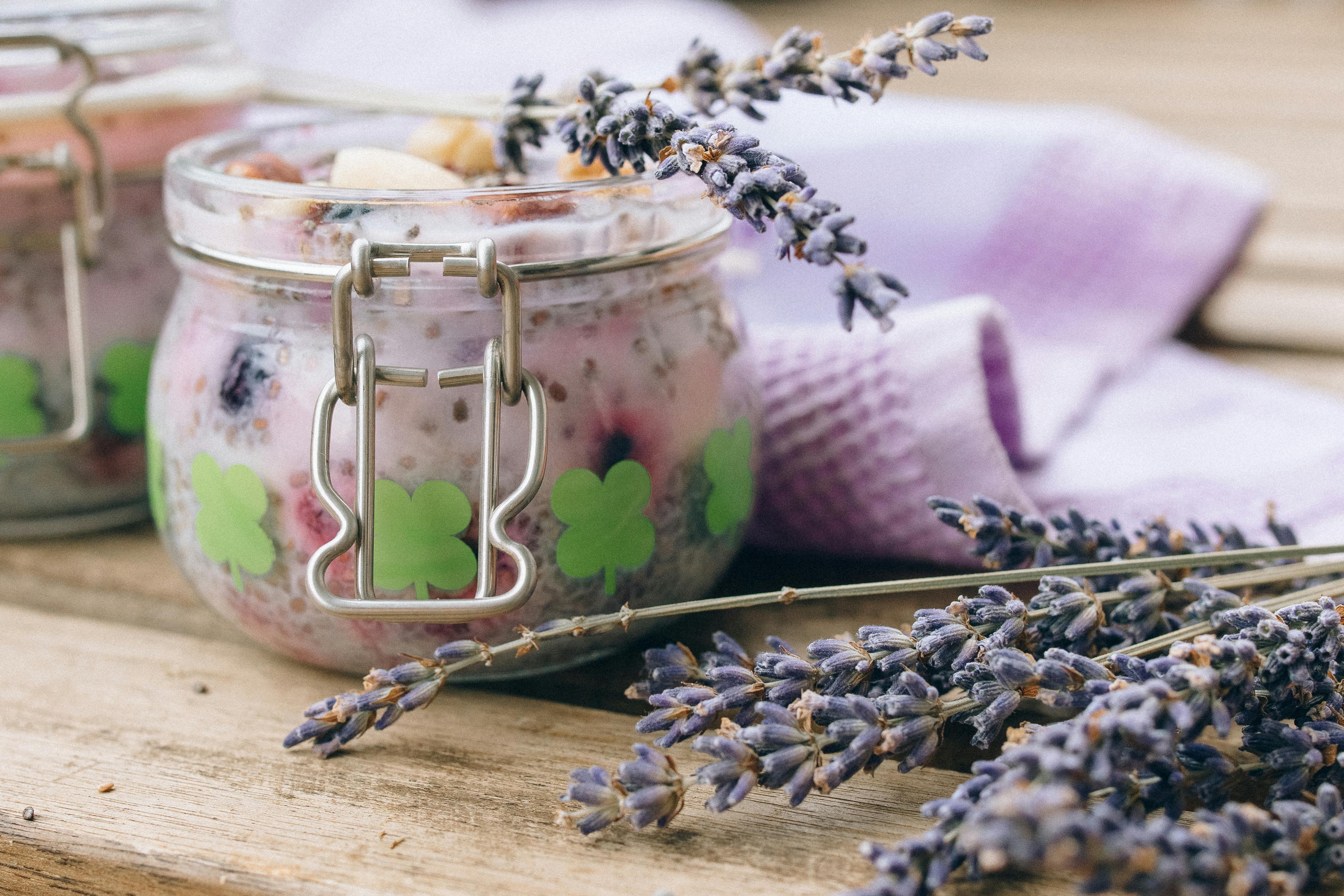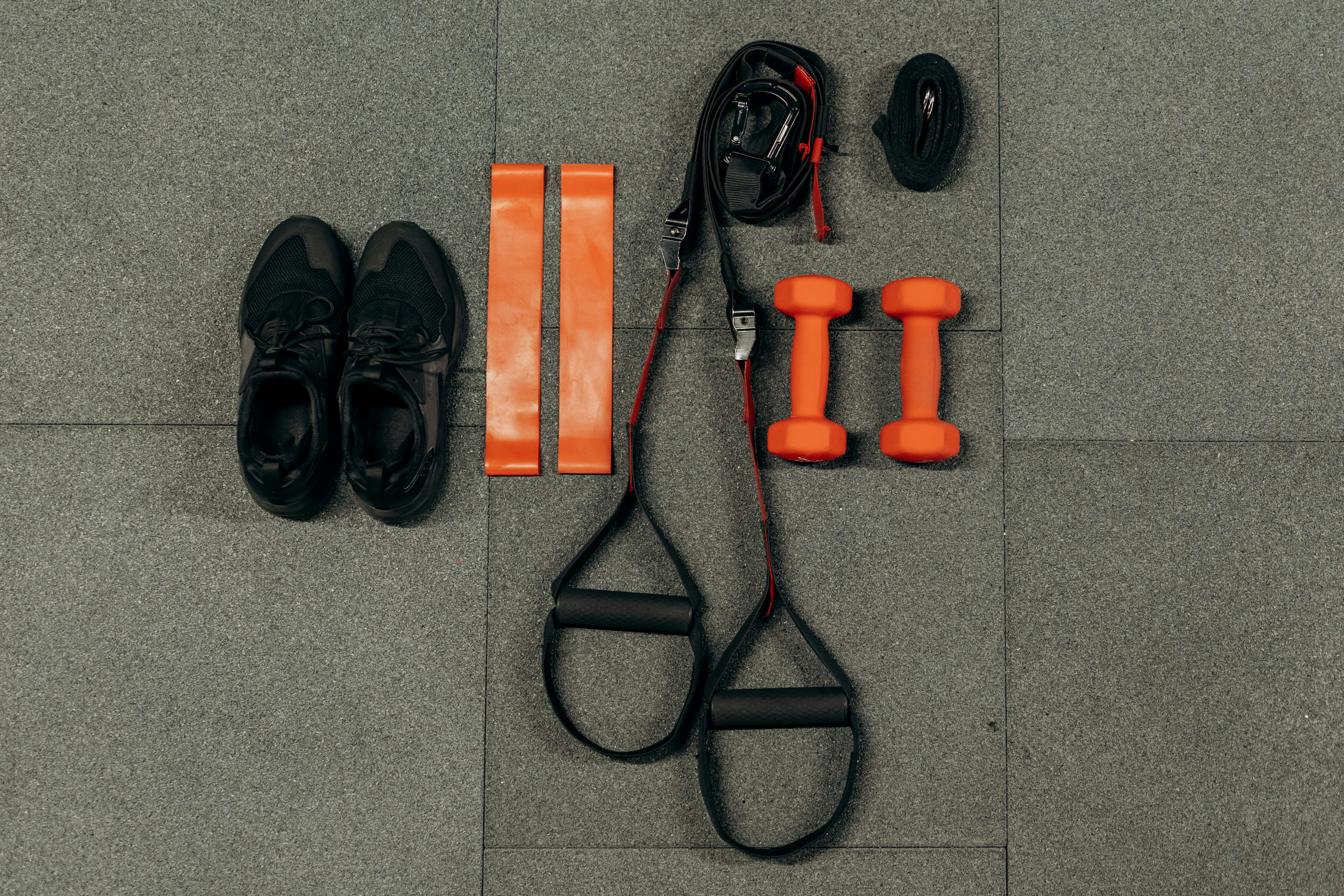We’ve all heard it since we were kids: drink your eight glasses of water a day. As we get older, the reports have changed here and there, but in general, the idea is to keep drinking plenty of water, whether it’s the eight glasses or some other formula based on your weight or activity level or whatever. It all comes down to this: is water good for you or not? What are its pros and cons (on a non-scientific level of course).
First advantage: water keeps you hydrated. Yes, there are many sports drinks that may have some added benefit by providing electrolytes or carbohydrates or even sodium, but the water will also keep your body from dehydrating after a long workout and won’t give you the added sugar that some of the sports drinks do.
Second pro: By staying hydrated, your skin stays plump and wrinkles aren’t as obvious. When you become dehydrated, your skin begins to look mottled and dry; elasticity seems to wear off and your overall tone looks unhealthy. By drinking plenty of water, you will look more alive, your skin will look healthier, and again, the appearance of wrinkles or sagging skin will diminish.
Third advantage: Drinking a lot of water will help you when you are trying to lose weight. Water helps break down toxins, carbohydrates, and even protein, and then helps flush them out. Since our bodies are mostly water anyway, the more you flow through it, the more opportunities you have to get rid of unwanted substances, including those that keep the extra weight on.
When it comes to the cons of drinking water, that’s a bit more difficult. One problem may be frequent urination, especially if you are not used to drinking a lot of water; However, that goes away after you get used to it, so it shouldn’t be a long-term concern. The only other possible con would be to drink excessive amounts of water. It’s weird, but we’ve heard horror stories in which children (or adults) died from drinking too much water.
Remember, as an adult, not to drink too much water after you’ve overexerted yourself (such as running a marathon) or are overheated; instead, drink fluids slowly and increase your hydration levels over time (or even see a doctor); and finally, never force children to drink large amounts of water at one time.



